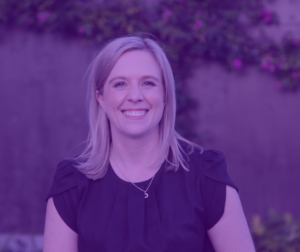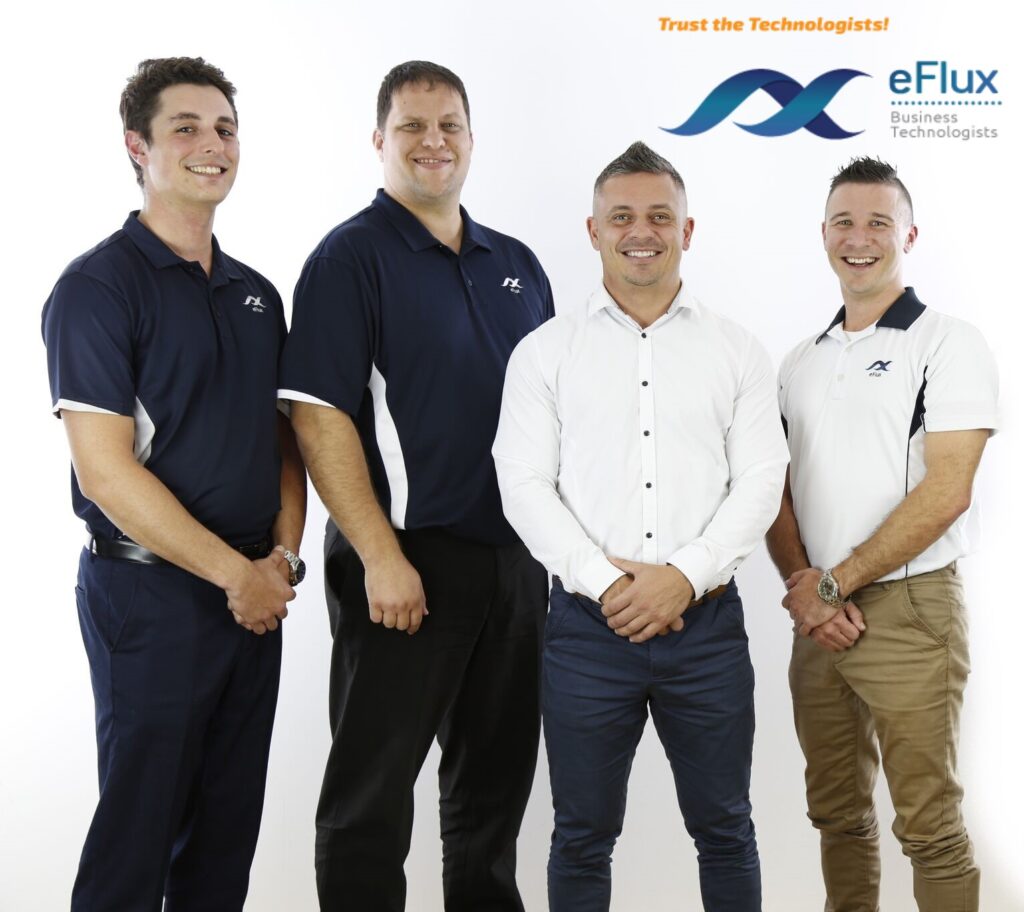Guest blog by Dean and Phillip from eFlux!
No, I am not a police officer calling for backup but in this day and age, I sure do feel like I fight a heap of crime on a day to day basis. When I say crime I mean Cyber-Crime of course, one of, if not the most critical layer of IT security every business should invest in, particularly the data backup element, as it could save you a huge amount of time and money – not to mention heartache. Backups prove their value very quickly. If you have ever had the horrible experience of your computer being stolen, your office flooded or had the hardware fail in your computer you would know firsthand how valuable a backup can be. If you haven’t had to go through any of these experiences, then trust me your one of the lucky ones and you should implement a backup procedure, stat. Its all well and good to say every business needs a backup solution but I hear you ask…
What type of backup solution is best suited to my business?
Well at eFlux we understand that every business is different and has different requirements, so let me start by telling you a little about what type of backups are available in 2019.
Cloud Backups
The most popular type of backup in this day and age is cloud-based backups. These come in many shapes and sizes that can be used, but let’s first talk about the ones that are FREE!
Dropbox
Dropbox offers a FREE file sync service which includes 2GB of cloud storage. 2 GB is enough space to hold roughly 40,000 standard word document pages or around 1200 images, so as you can see, it’s not the largest offering, but a good place to start. Dropbox isn’t a recommended solution to counter ransomware or malware, however, it does have the neat feature of “versioning” which means if you are attacked by ransomware or malware you can roll the document back to its clean version before it was infected. Dropbox is a great backup for hardware redundancy, cloud-based file storage and file sharing. Dropbox also offers paid monthly subscription services, such as 1TB for $12.74/month and 2TB for $25.58/month.
Microsoft OneDrive
With an amazing offering of 5GB at no cost and an achievable step up to 50GB at just under $3 a month ($2.99 per month), OneDrive is really stepping up to the plate when it comes to cloud-based backup. With a list of core features including Advance Sync technology, Mobile app, web access, search feature, photos, edit and annotate files and files on-demand in the free version, you are getting the most value for no capital spend. Although I don’t recommend the free or $2.99/ mo accounts to combat ransomware, disaster recovery is a different story that Microsoft OneDrive will definitely cover you in the event of a disaster of any scale.
If you currently have an Office 365 licence, with the exception of Office Home and Student, then you have OneDrive included in your licence, providing1 TB of cloud-based storage space per valid Office 365 licensed user accounts waiting for you to integrate it into your business.
Google Drive
Now everybody knows Google the search engine and Gmail the free email host, but did you know that Google also has a cloud storage system called “Google Drive”? Google Drive offers the first 15GB of storage free so it is a great carrot for anyone exploring the world of cloud storage. Google drive can be on multiple devices so you can see exactly where your data is, no matter if you’re at the office or on the go. You can easily share your Microsoft documents with a 3rd party and they can view them in the Google suite of products. If you are using the Microsoft suite for word processing, spreadsheets, etc to edit in the same format the only downfall is you have to download the file to your computer and edit in your Microsoft suite for the best outcome. The next step up in 100GB for only $1.99 per month – I think this is great value for money especially if you have a great grasp on how the google suite works. This information is based on a private user account, not the enterprise version called “Enterprise Drive” which is $8/ active user per month + .04 per GB. The added enterprise-grade security is something that should come into your decision-making process.
Physical Backups
Physical backups are a robust solution for backing up your company’s data and extremely easy to execute. There are a few types of physical backups that can be implemented, these include Tape backups, Hard Drive backups, NAS (onsite), Rotating Hard Drives and a lot more but lets stick to these few as they are the most commonly used and a recommended solution for all sizes of business.
Tape Backups
This type of backup is perfect for businesses that are required by law or internal procedures to hold data for extended periods of time. Tape backups can be held for 20+ years which means they can be archived off-site instead of having to hold tons of paper-based records. Tape’s can hold roughly 5-6TB of data per unit which makes them generally a more cost-effective solution than a Hard Drive or cloud-style backup.
Hard Drive
Hard Drives are one of the simplest ways to backup your computer or server’s data, plug it in copy files and BOOM you have a backup. Security with physical HD’s are the issue here. It only takes someone who knows where your hard drive is and wants to conduct a malicious act to compromise the data on these drives. In saying that, rotating backups are the perfect solution to safeguard your data in the case of a disaster. We call this a Disaster Recovery Backup. This essentially means one HD is at the office and the other is kept off-site on a daily or weekly cycle you rotate the two drives. This ensures that there is always a backup off-site in case your onsite infrastructure has either a catastrophic failure or a disaster hits (Fire, Flood, Theft).
NAS – Network Attached Storage (onsite)
A NAS can be utilised for many different purposes such as Network Storage Device (holds bulk data for the organisation separate to the server), a place to collaborate with staff members, your own private cloud, or for purposes of this blog, it is a great way to set up an onsite backup for your server and/or fleet of workstations/laptops. A NAS can be easily configured to run automatic backups of all computers and servers on a network. Prices for the hardware range from $50-$900 for a single user home office setup through to $2000-5000 for a large organisation. The good thing about a NAS is it is a multipurpose tool and once you purchase and configure the equipment you don’t have to pay any more or spend any more time swapping out tapes or drives.
Ok Boys and Girls, this superhero cyber-crime fighter has given you some info on the types of backups that are available, now I will let you know exactly what I use and how/why. Being apart of eFlux Business Technologists requires me to travel to multiple sites around NSW and QLD on a regular basis and I don’t always take a laptop so I rely on Microsoft Office 365 to ensure no matter what office I land at I can sit in front of one of our eFlux computers, type in my username and password and waaaaaahhlaaaa! All my files, emails, favourites, photos are bookmarks are loading straight away. I choose to use Microsoft Office 365 Business Premium to keep myself and my organisation operating with the greatest of ease. When saving data I never save the data to my hard drive instead I save it to my OneDrive and simply select the folder within OneDrive that is appropriate if there isn’t an appropriate selection I “right-click” and add “New Folder” (See image).
If I am away from the office and need to access any of my data stored in OneDrive I have the option of using any browser on any computer. I simply log into www.office.com/ and once I have logged into the browser version of Office I have access to all my O365 Data (Outlook, OneDrive, OneNote, Teams, etc) – see image.
In my experience, there is nothing I have wanted or needed to do that Office 365 couldn’t help me achieve. Office 365 is an extremely robust platform that allows me to operate “from my office” no matter where I am in the world. Office 365 has applications suitable for Apple and Android phones and tablets that are easy to use and the experience really does bring your office to the palm of your hand.
If you want to know more about Office 365 or any of the other products I have discussed in this blog, hit me up at support@eflux.com.au or call me on 1300 795 448.
You can find Dean and the eFlux team at www.eflux.com.au
Or give them a stalk on their social platforms!

